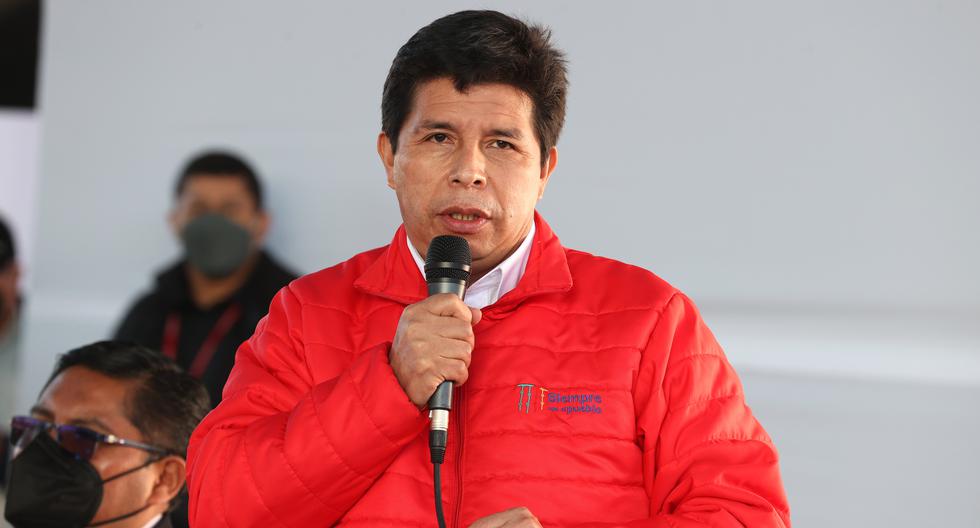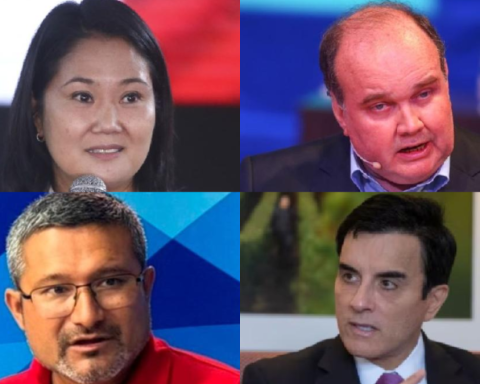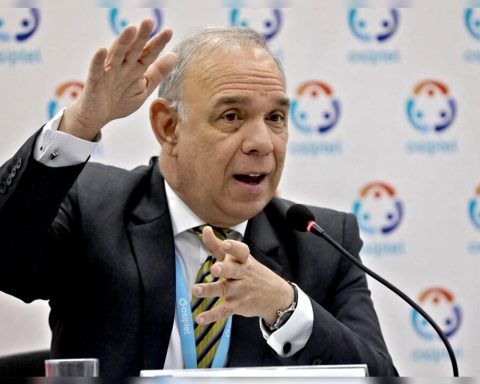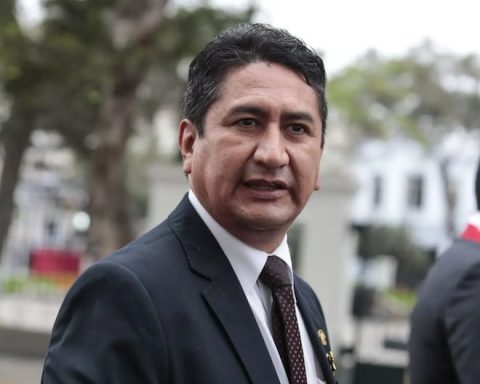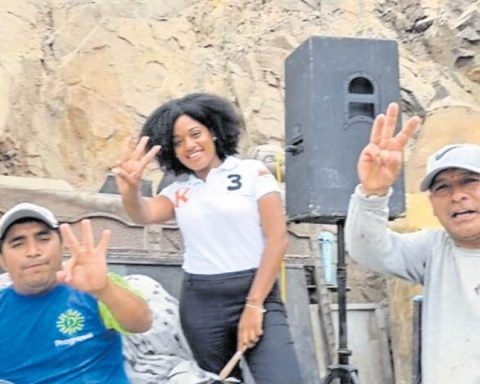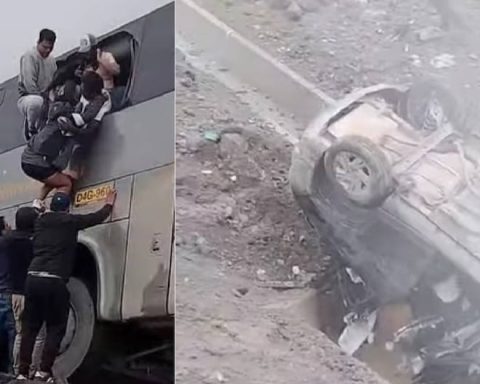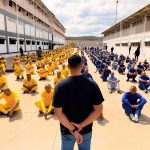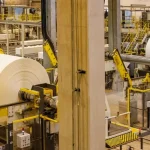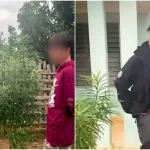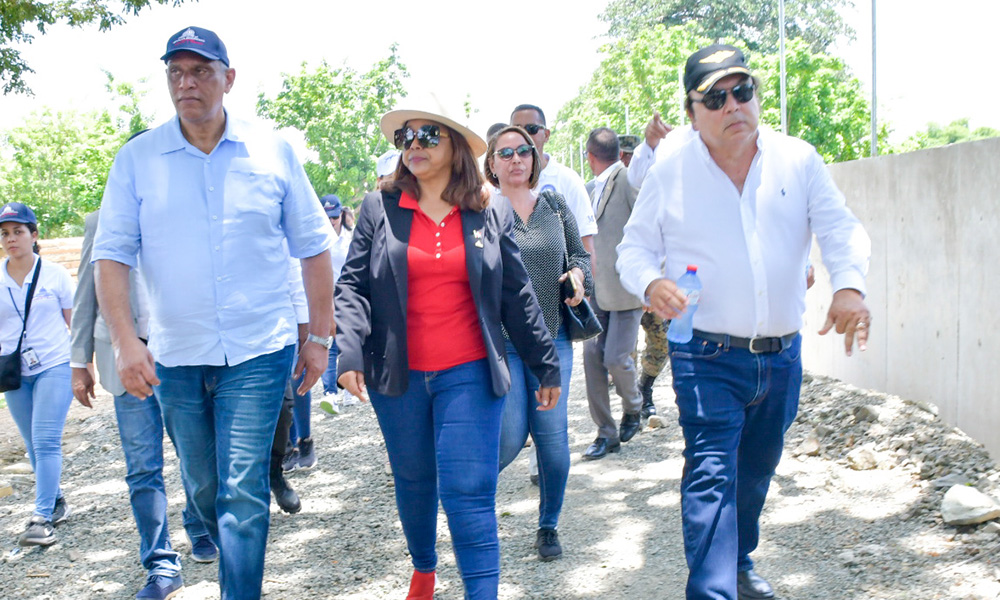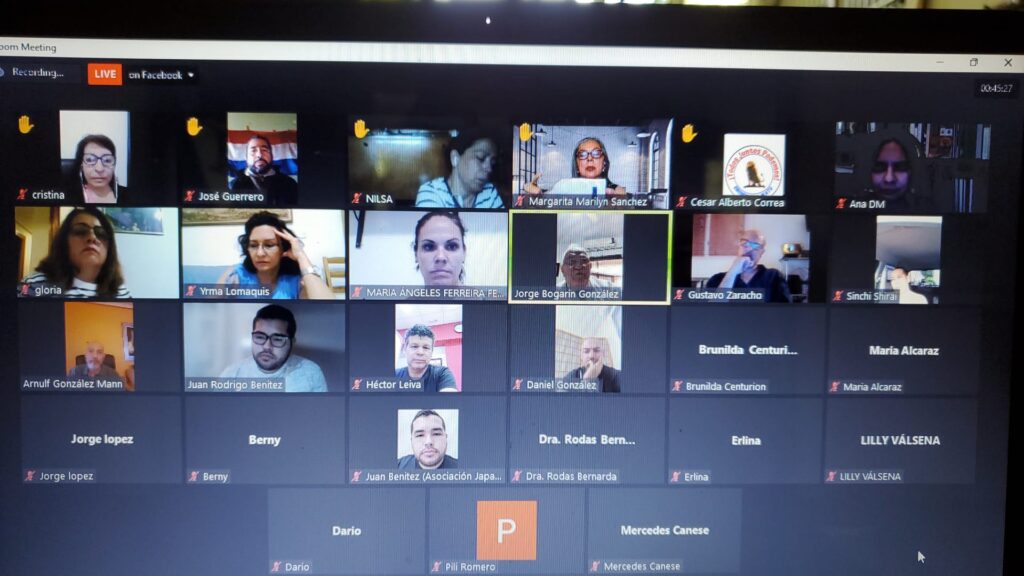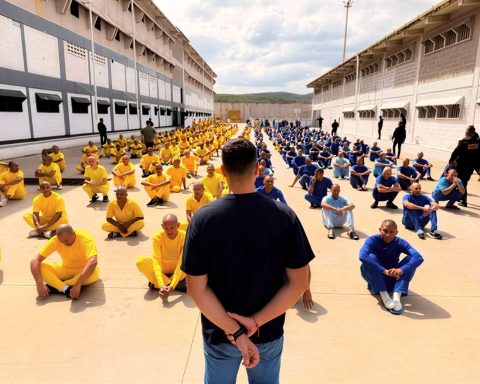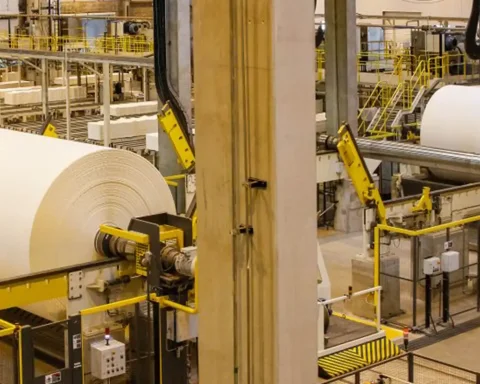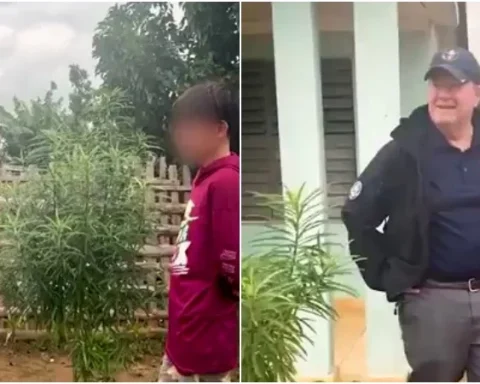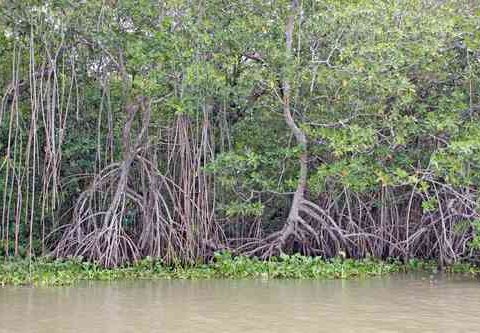The supreme judge Juan Carlos Checkley today rejected the protection of rights filed by the president peter castle to annul the investigation opened against him by the National Prosecutor, Pablo Sánchez.
In its resolution, which was agreed Peru21Checkley concludes that Sánchez “has proceeded within the framework of the powers provided by our legal system” and “without affecting the limitations imposed by article 117 of the Political Constitution of Peru.”
In another excerpt from the document, the judge indicates that the Magna Carta only prevents accusing the incumbent president but that “this does not undermine the possibility of initiating a preliminary investigation against him, provided that there are reasonable and sufficient justifications that require it.”
However, it clarifies that the Public Ministry will not be able to formalize a preparatory investigation of the president. This means that preventive detention may not be required. It also points out that Congress will not be able to prosecute for crimes other than those stipulated in article 117 of the Constitution: treason against the country, preventing elections, preventing the operation of the National Elections Board, and illegally closing Congress.
In this way, the Judiciary sets a precedent and guarantees that a president can be subjected to criminal investigations in office. Likewise, the magistrate clarifies that he has not ruled on the feasibility of the Prosecutor’s Office requesting some coercive measure against Castillo (impediment from leaving the country, preliminary imprisonment or appearance) because the defense did not require that evaluation.
The head of state is accused of having headed a criminal network that entrenched itself in the Ministry of Transport and Communications to distribute works and public positions. That organization would also have been integrated by his nephews Fray Vásquez and Gian Marco Castillo; his fugitive former secretary Bruno Pacheco and the former minister Juan Silva.
Benji Espinoza, Castillo’s lawyer, announced that they will appeal the judicial decision to reverse its effects “because they consider it incorrect.”
RECOMMENDED VIDEO
:quality(75)/cdn.jwplayer.com/v2/media/HB7kLEgB/poster.jpg)
